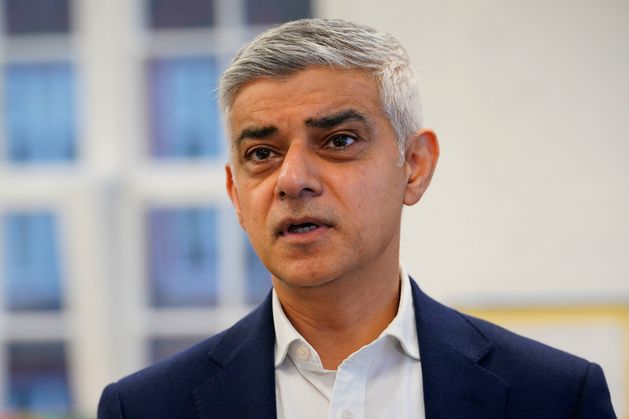Twenty-five years on from the appointment of the first directly elected mayor of London, the idea of a mayor of Dublin – directly elected by Dubliners and with stronger powers – is still a pipe dream, sadly.
The erosion of the powers of local authorities has been a slow, steady but sustained process. Part of the diminution is self-inflicted. Although the private sector is able to collect rubbish, local councils were inefficient when they had the entire market. Control of water and sewerage has been farmed out to a relatively new semi-state body, Uisce Éireann.
The provision of social and affordable housing has been largely handed over to 500 approved housing bodies that have sprung up across the country. These bodies get government funding from local authorities to provide affordable housing, by building new homes, buying existing homes and leasing private homes.
The local council has effectively become a middle man in the process. Where a local authority gets directly involved in housing provision or the renovation of its existing housing stock, it faces the heavy-handed intervention of central government.
Nowhere is this lack of autonomy more acute than in the capital city. At a time when Dublin city needs leadership, it is being passed around between departments, agencies and quangos. As the European headquarters of many technology companies, Dublin has become a desired destination for young people from across the world. The city is already blessed with educational, cultural and leisure facilities. And yet it is significantly failing to become what would be regarded as a leading European city. The dirty old town lives up to its lore, particularly when it comes to the crime and grime of what should be a thriving city.
Meanwhile, across the water, London mayor Sadiq Khan wants the city to become the first four-time host of the Olympics and is backing a bid for the 2040 Games. The ambition of Khan, who has been mayor since 2016, is for the British city to become the “sporting capital of the world”. But it’s not just about aspiration. The London mayor is a chief executive, rather than a chain-wearer, and has powers over strategic planning, including housing, waste management, the environment, strategic planning permission, transport policy, fire and emergency planning, policing and crime policy, and economic development,
Today marks the 25th anniversary of the appointment of the first directly elected mayor of London. But in Dublin, the narrow-minded protectionism of several governments means a similar proposal for our capital is way off. Dublin will suffer as long as there is no one directly responsible for its running. Socially, economically and culturally, the city’s failure to develop coherently is of significance to the rest of the country.
